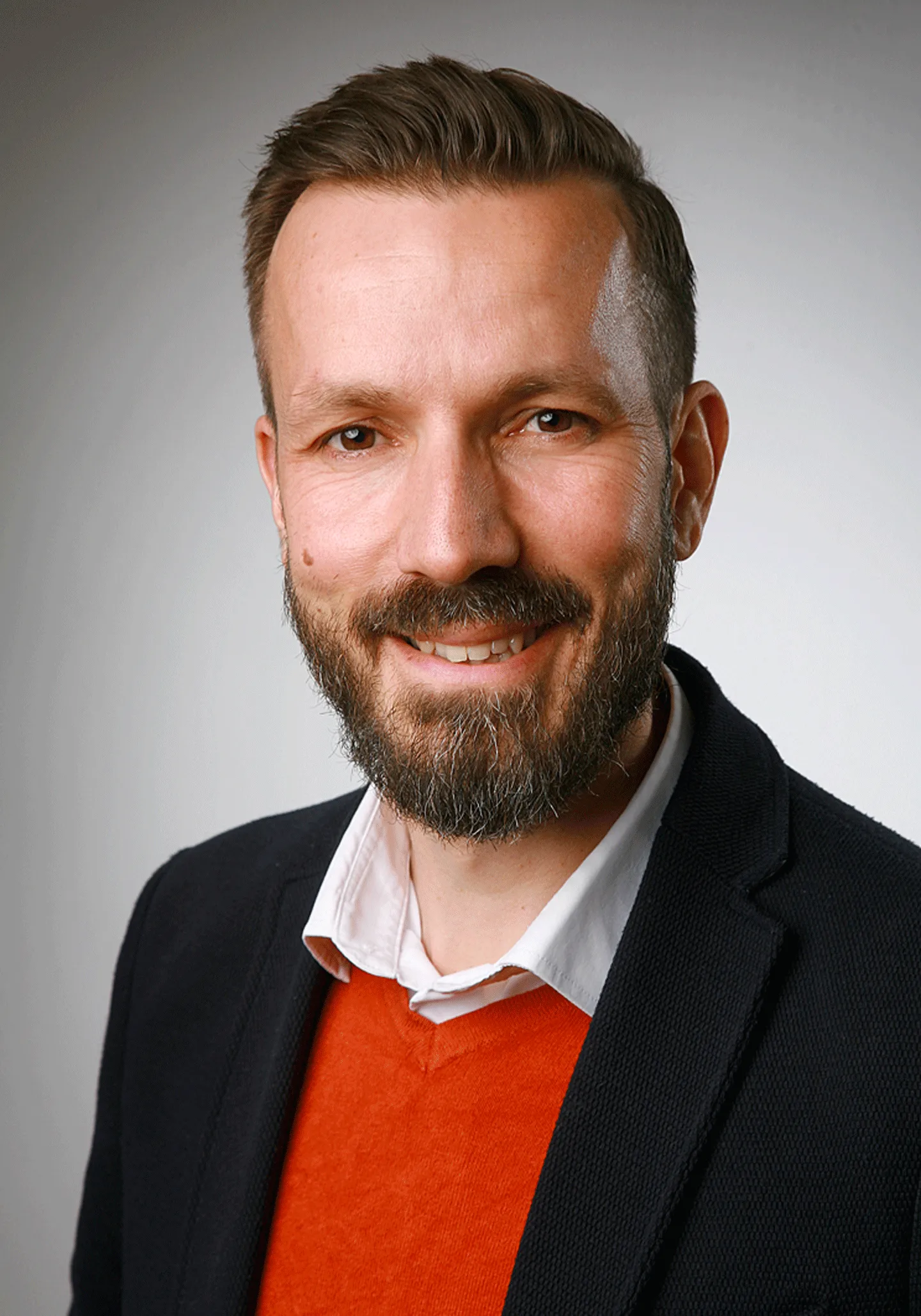Systemic constellations are a method of systemic intervention with lasting effects. They are used in various psychosocial practice areas such as counselling, coaching, supervision, mediation and therapy. They also find constructive application in organisational development and management consultancy. Our certificate course is aimed at people who are already familiar with systemic thinking, have experience with systemic constellations and would like to professionalise their knowledge and skills. The workshop for systemic constellations can be attended as preparation or as a supplement.

25/09/2025 – 12/06/2026
10 ECTS credit points
Degree/professional training + professional experience & a certified, additional methodological qualification + demonstrable experience with constellations
Recognised in Brandenburg and Berlin
At a glance
Lecturers
- Dr. Andrea Berreth, course manager, systemic consultant/coach and systemic constellator (Infosyon-Professional), Berlin
- Thomas Jorzyk, graduate social pedagogue, systemic consultant/therapist and systemic constellator-SySt ©
- Prof. Dr. Heiko Kleve, Chair at the Witten Institute for Family Business
Participation requirements
-
Completed university degree/professional training and relevant professional experience
-
Certified additional methodological qualification (counseling, coaching, supervision, mediation, therapy or similar)
-
Proof of participation in systemic constellations of approx. 40 hrs. (e.g. participation in the workshop for systemic constellations)
-
Reflected own behavior in groups and the willingness to engage in self-awareness processes
Registration
- Send us your certificates (overview of your professional career & qualifications) by e-mail.
- We will check whether you fulfil the participation requirements and then send you the link to the registration form.
Topics
Registration & Information
ZEW – Further Education Unit
Weitere Kurse
Werkstatt für Systemische Aufstellungen
Sie wollen Systemische Strukturaufstellungen als Methode kennenlernen? Die Werkstatt kann vorbereitend, begleitend zum Zertifikatskurs oder als alleinstehende Weiterbildung belegt werden.
Aufbaukurs Systemische Aufstellungen II
Als erfahrene Aufsteller*innen vertiefen Sie in hier an drei intensiven Tagen die Themen Supervisionsaufstellung, prototypische Strukturaufstellungen und Erkundungsaufstellungen.
Systemische Organisationstransformation
Sie arbeiten in der Organisationsentwicklung und möchten Ihre Einrichtung zukunftsfähig machen? Ab Herbst 2025 startet unser neuer Kurs für Expert*innen, die mit Leidenschaft Einrichtungen transformieren.






